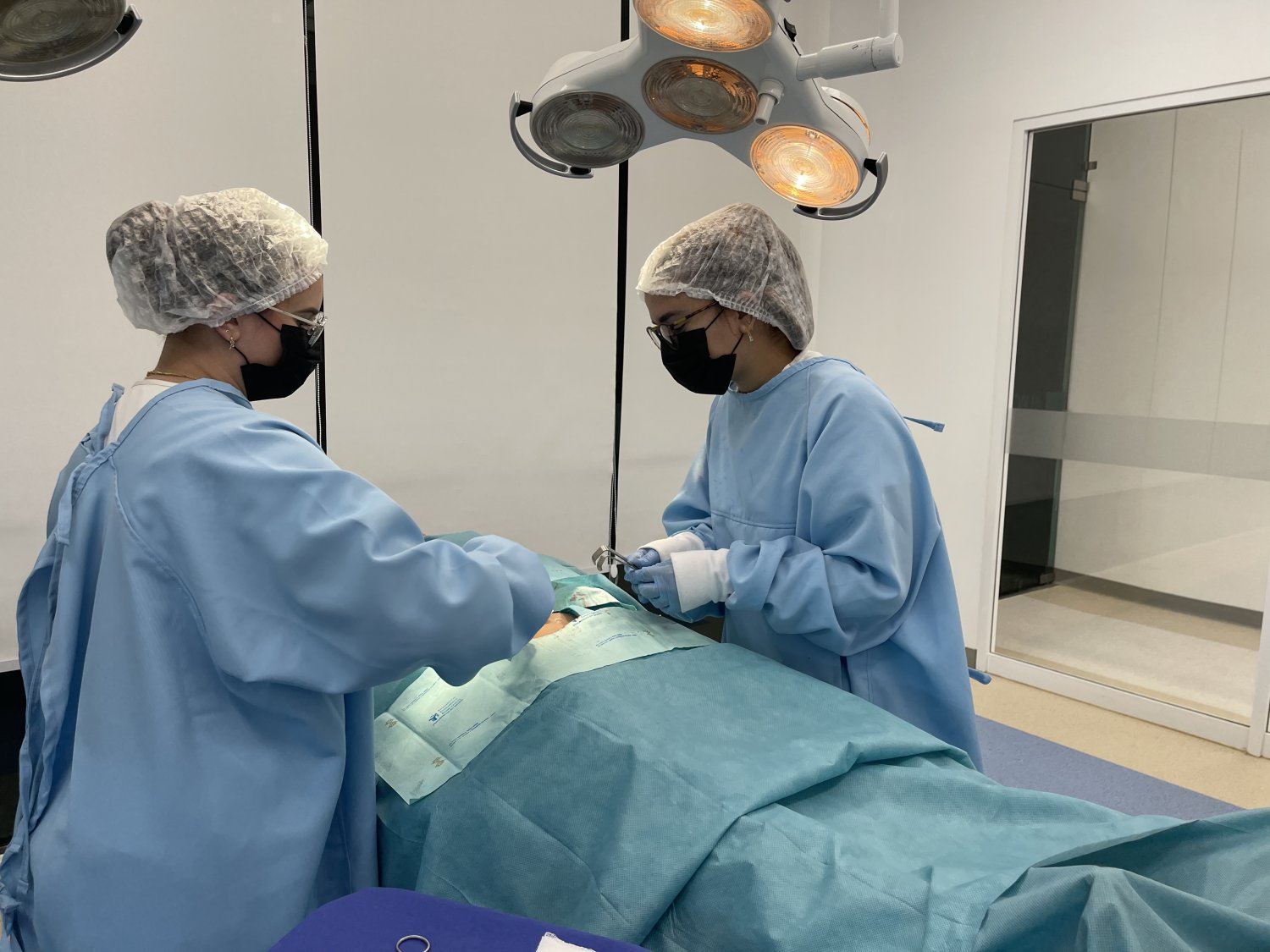Comparing Two Types of Patient Care
When it comes to patient care, modern treatment seekers are interested in learning more about their own care. In particular, many want to know about the difference between inpatient and outpatient care. Here, we take a look at these two different types of patient care, compare and contrast their key features, and determine how they are important to medical students at UAG School of Medicine.
Inpatient Care
Inpatient care is when a patient is admitted to the hospital and stays there for a period of time. Typically, inpatient care is needed when someone has a serious illness or injury that requires constant monitoring and care. This type of care is usually more expensive than outpatient care, as it requires more resources from hospital staff. Inpatient care can also be disruptive to patients’ lives, as they have to stay in the hospital for an extended period of time.
Inpatient care may include:
● Major surgeries
● Severe illnesses in which patients require frequent supervision
● Childbirth
● Rehabilitation treatment for substance abuse, psychiatric conditions, or serious injuries
Outpatient Care
Outpatient care, also known as ambulatory care, is when a patient comes to the hospital for specific treatments or procedures but does not stay overnight. Outpatient care is typically less expensive than inpatient care, as it does not require the same level of resources from hospital staff. Outpatient care is also less disruptive to patients’ lives, as they can return home after their appointment or procedure.
Outpatient care can include:
● Routine check-ups
● Physical therapy
● X-rays or other imaging tests
● Lab work
● Colonoscopies
● Mammograms
● Physical exams
● Chemotherapy
● Minor surgeries
Inpatient vs. Outpatient Care: A Comparison
Now that we have a basic understanding of inpatient and outpatient care, let’s compare these two types of patient care.
- Cost: Inpatient care is typically more expensive than outpatient care. This is because inpatient care requires more time and resources to complete properly. These can include medications, surgeries, and other procedures that need to be carried out while the patient is in the hospital.
- Length of Stay: Inpatient care requires a longer stay at the hospital than outpatient care. This is because patients need to be constantly monitored by the medical staff. In contrast, outpatient care only requires a short stay for specific treatments or procedures.
- Disruption to Life: Inpatient care can be more disruptive to patients’ lives than outpatient care. This is because patients must remain in the hospital for an extended period of time, which can interfere with work, school, and other important aspects of their life. In contrast, outpatient care is less disruptive as patients can return home after their appointment or procedure.
Who Provides Each Type of Care?
The type of care provided by each medical practitioner can depend on their own preferences. Many doctors only provide inpatient care, while others only provide outpatient care. Some medical practitioners provide both types of care, depending on the needs of their patients. They will split their time between an outpatient practice and a hospital or other inpatient facility.
Which Type of Care Is Best for Patients?
The type of care that is best for patients depends on their individual needs. Some patients may only need outpatient care, while others may require inpatient care. It is important to discuss with a medical practitioner what type of care would be best for each individual patient.
Training Required for Inpatient and Outpatient Care
The type of training required for inpatient and outpatient care can be quite different. Inpatient care usually requires more extensive training, as medical practitioners need to be able to deal with a wide range of potential health complications. Outpatient care usually requires less training, as medical practitioners only need to be familiar with the specific treatments or procedures that they will be performing. The exact ramifications of medical training will also vary based on the student's chosen field.
Contact UAG School of Medicine Today
Whether you're interested in providing inpatient or outpatient care, our medical programs at UAG School of Medicine can help you achieve your goals. We offer an outstanding medical education that will provide you with the skills and knowledge you need to succeed in your chosen field, whether it be family medicine or surgery. Contact us today to learn more about our medical programs and how we can help you achieve your career goals.



